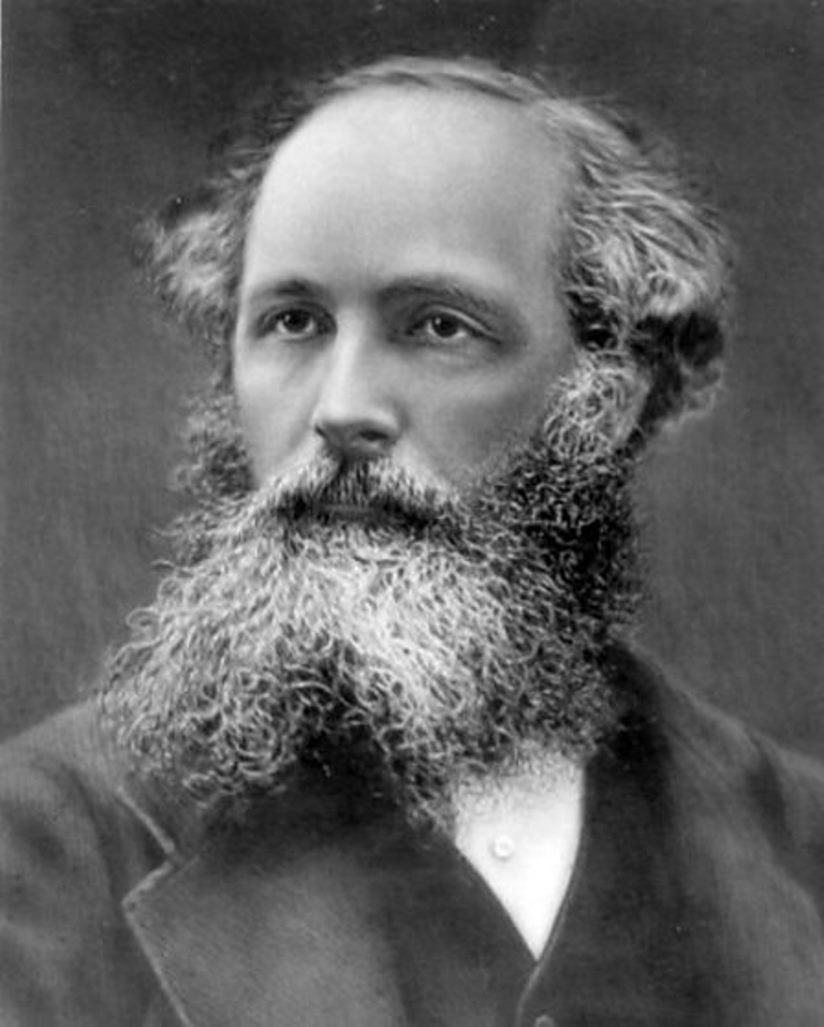James Clerk Maxwell (1831 - 1879) — Auction price

James Clerk Maxwell was a British physicist, mathematician and mechanic, and a Fellow of the Royal Society of London.
James Clerk Maxwell was one of the most influential scientists of the nineteenth century. His theoretical work on electromagnetism and light largely determined the direction physics would take in the early 20th century. Maxwell conducted research in a number of areas, but was particularly preoccupied with the nature of Saturn's rings. In 1860 he obtained a professorship at King's College, London, and it was his years there that were most fruitful. For his electromagnetic theory,
Maxwell is most often credited with fundamentally changing the course of physics. Maxwell saw electricity not just as another branch of physics, but "as an aid to the interpretation of nature." He showed the importance of electricity to physics as a whole by advancing "the important hypothesis that light and electricity are the same in their ultimate nature." This theory, one of the most important discoveries in nineteenth-century physics, was Maxwell's greatest achievement and laid the foundation for Einstein's theory of relativity.


James Clerk Maxwell was a British physicist, mathematician and mechanic, and a Fellow of the Royal Society of London.
James Clerk Maxwell was one of the most influential scientists of the nineteenth century. His theoretical work on electromagnetism and light largely determined the direction physics would take in the early 20th century. Maxwell conducted research in a number of areas, but was particularly preoccupied with the nature of Saturn's rings. In 1860 he obtained a professorship at King's College, London, and it was his years there that were most fruitful. For his electromagnetic theory,
Maxwell is most often credited with fundamentally changing the course of physics. Maxwell saw electricity not just as another branch of physics, but "as an aid to the interpretation of nature." He showed the importance of electricity to physics as a whole by advancing "the important hypothesis that light and electricity are the same in their ultimate nature." This theory, one of the most important discoveries in nineteenth-century physics, was Maxwell's greatest achievement and laid the foundation for Einstein's theory of relativity.


James Clerk Maxwell was a British physicist, mathematician and mechanic, and a Fellow of the Royal Society of London.
James Clerk Maxwell was one of the most influential scientists of the nineteenth century. His theoretical work on electromagnetism and light largely determined the direction physics would take in the early 20th century. Maxwell conducted research in a number of areas, but was particularly preoccupied with the nature of Saturn's rings. In 1860 he obtained a professorship at King's College, London, and it was his years there that were most fruitful. For his electromagnetic theory,
Maxwell is most often credited with fundamentally changing the course of physics. Maxwell saw electricity not just as another branch of physics, but "as an aid to the interpretation of nature." He showed the importance of electricity to physics as a whole by advancing "the important hypothesis that light and electricity are the same in their ultimate nature." This theory, one of the most important discoveries in nineteenth-century physics, was Maxwell's greatest achievement and laid the foundation for Einstein's theory of relativity.






